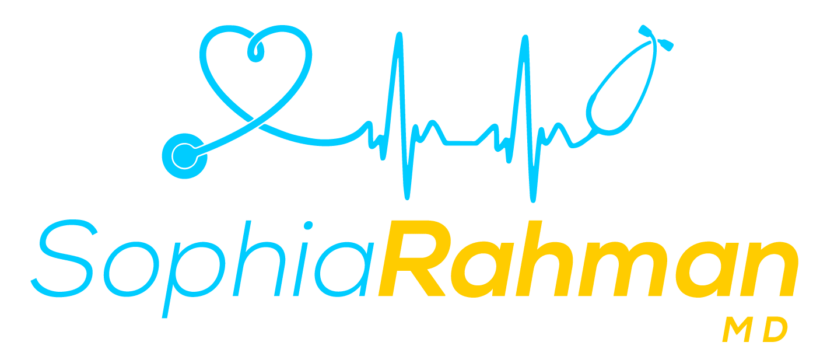Imagine a scenario where a patient, after spending days in the hospital, finally returns home, only to feel lost and overwhelmed by the sudden shift from continuous medical supervision to self-care.
This gap, often overlooked, is where home transitional care becomes vital. It’s designed to bridge the chasm between hospital discharge and home recovery, ensuring patients continue to receive the care they need in the comfort of their own homes.
In this blog, we’ll delve into the multifaceted world of home transitional care, highlighting its importance, challenges, and profound impact on post-hospitalization recovery.
Our aim is to unravel the complexities and underscore the benefits of this essential healthcare service.
The Importance of Home Transitional Care
Home transitional care is a coordinated healthcare process that aids patients as they move from hospital settings to their homes.
It aims to reduce the likelihood of hospital readmissions while ensuring the safety and well-being of the patient.
This type of care is pivotal in improving patient outcomes, as it provides continuous medical support tailored to individual needs.
Beyond its medical benefits, home transitional care offers significant emotional and psychological support, easing the stress on patients and families during the recovery process, thus fostering a more comfortable and effective recuperation environment.
Components of Effective Home Transitional Care
Effective home transitional care hinges on several core components. Care coordination and transition management ensure that healthcare professionals work harmoniously to deliver seamless care from hospital to home.
Patient education empowers individuals with knowledge about their condition and care regimen, crucial for successful recovery. Health monitoring allows timely identification and response to potential health issues post-discharge.
Practices like discharge planning best practice in transitions of care further ensure that patients have a clear, personalized care plan, smoothing their transition and reducing the risk of readmission.
Challenges and Solutions
The transition from hospital to home can face challenges such as:
- Misunderstanding post-discharge instructions.
- Difficulty in medication management.
- Lack of immediate medical support.
Solutions include:
- Enhanced discharge planning: Adopting best practices in transitions of care ensures clear understanding and readiness.
- Patient and caregiver education: Ensuring thorough understanding of care plans.
- Regular follow-ups: Improving transitions of care from hospital to home through consistent health monitoring and communication.
These strategies address common hurdles, facilitating smoother, safer transitions.
Case Studies or Real-Life Examples
In one case, a patient recovering from heart surgery benefited from a comprehensive acute care transition program, which included home visits from a nurse, medication management, and tailored physical therapy.
This integrated approach resulted in no hospital readmissions and a swift recovery.
Another example involves a diabetic patient who, through a similar program, received diet and exercise plans, regular follow-up calls, and monitoring equipment.
The proactive care led to improved blood sugar levels and a significant enhancement in the patient’s quality of life.
The Future of Home Transitional Care
The future of home transitional care looks promising, with technological advancements like telehealth and AI playing significant roles.
Emerging trends include more personalized care plans, integration of digital monitoring tools, and improved patient education platforms.
These innovations aim to enhance patient outcomes and experiences, making home care more effective and accessible.
Conclusion
Home transitional care bridges the gap between hospital and home, ensuring better outcomes and reducing readmissions through care coordination, patient education, and monitoring.
As the field grows, we anticipate advancements that further tailor and enhance patient care. For those in need of transitional services, Sophia Rahman MD offers comprehensive support.
We invite you to learn more about how these services can benefit your recovery journey. Visit our website and book a consultation to embark on a smoother transition back to health and home.
Disclaimer
The information provided in this blog is for educational purposes only and does not substitute for professional medical advice.
For personalized health advice and transitional care services, please consult with Sophia Rahman MD or another qualified healthcare provider.
